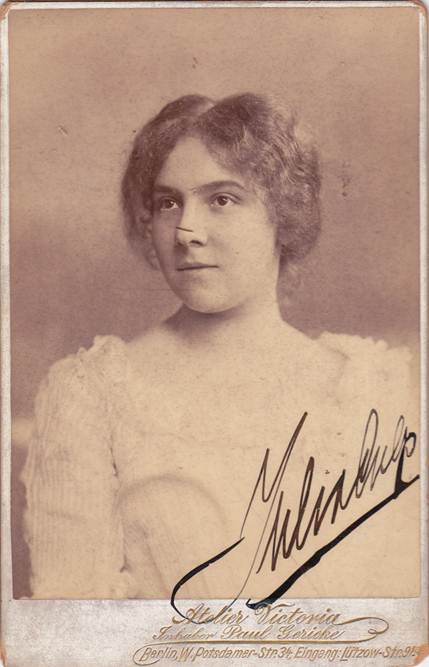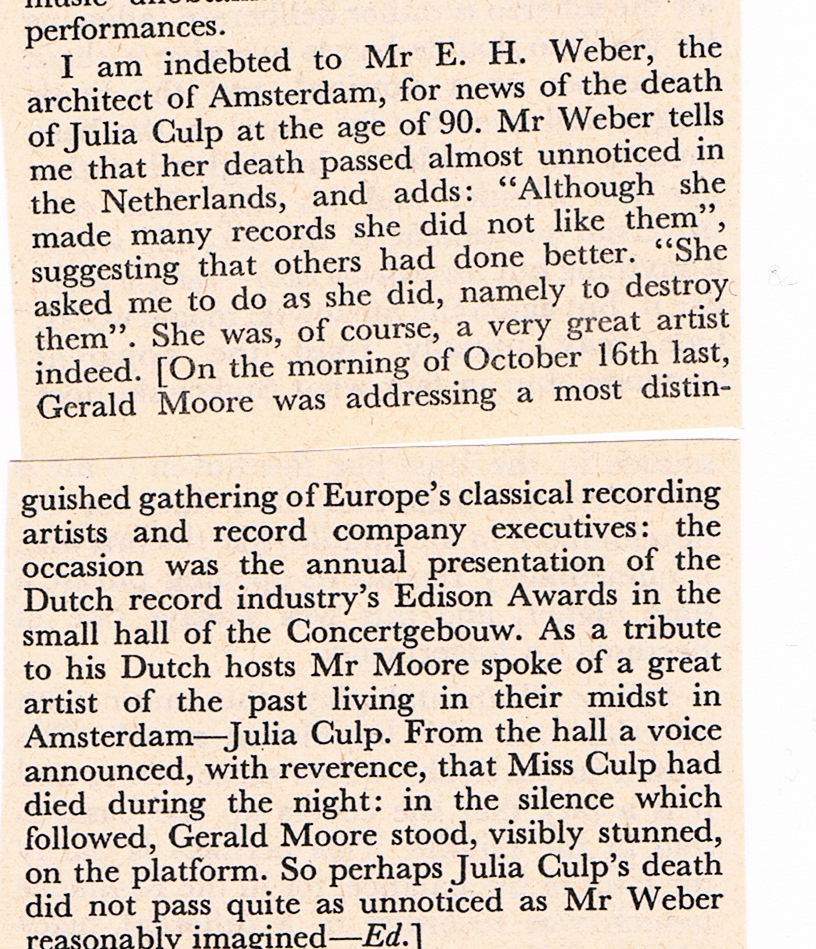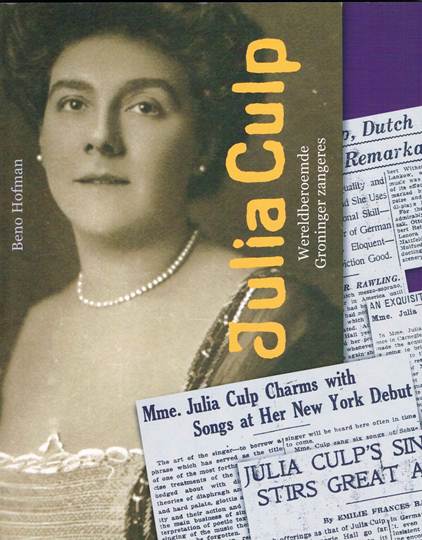
by Beno Hofman
Uitgeverij Noordboek (in Dutch)
Click here to order the book
ISBN: 90 330 1261 8
JULIA CULP, Wereldberoemde Groninger Zangeres (all photos courtesy Charles Mintzer collection)

by Beno Hofman
Uitgeverij Noordboek (in Dutch)
Click here to order the book
ISBN: 90 330 1261 8
The first-ever full biography on the famous Dutch mezzo (1880-1970) was published a while ago but is still available at the cheap rate of 10 euros. It was a very welcome publication especially as the author (who is an historian) had access to the Julia Culp archive. He made almost perfect use of it and tells it all.
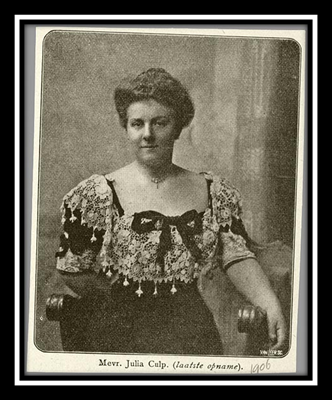
Julia Culp never sang opera. She recorded the two arias from Samson et Dalilah and once expressed her wish to sing Carmen. She had an extensive concert career which brought her to the States, Berlin and the rest of Germany, Austria, Russia, Hungary, Switzerland, Belgium, Spain, Prague, Stockholm and of course the Netherlands. Her recital repertoire mainly included the German classics, a few English language and Dutch composers and folk songs. She didn’t feel any affinity for the French song composers though she recorded Debussy`s Nuits d’étoiles in spite of her lack of enthusiasm for the composer.
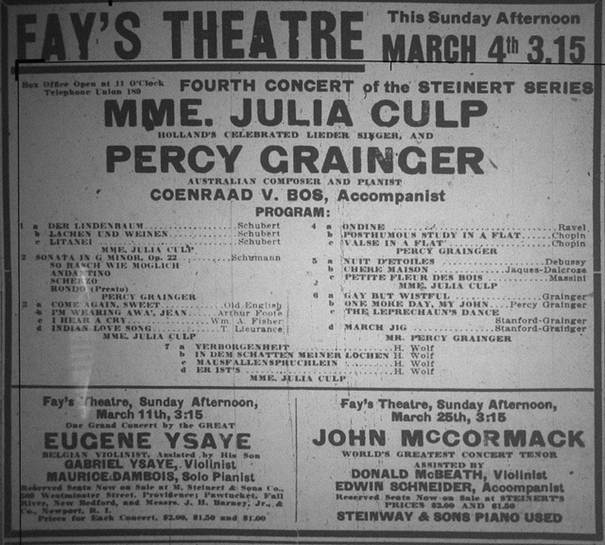
A revealing story in the book refers to ‘the case Schoenberg-Culp’. Arnold Schoenberg wrote several song orchestrations for Culp (these were adaptations of compositions by Beethoven, Schubert and Loewe) but their cooperation eventually led to a financial dispute.
Culp`s life story is a fascinating one, to some even more fascinating than her recordings. She was born into a poor-ish Jewish family in a Dutch provincial town not free of anti-semitism, there were two marriages and a conversion. Culp lost her possessions in Germany and Czechoslovakia due to the ‘Anschluss’, she managed to escape the tragic fate of deportation though not without difficulties (Furtwaengler as late as 1944 was the only one who replied positively to her several letters for help). Then there were her attempts to get some of her property back after WWII and her lonely life towards her death in 1970.
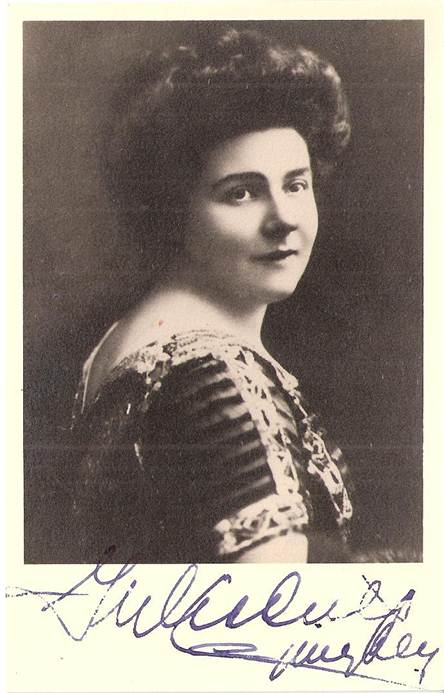
The book is lavishly illustrated with pictures, letters, reviews, press files, personal cards etc. There’s also an excellent discography compiled by the late Dutch collector Floris Juynbol. Julia Culp’s recordings were released on LP by Court Opera Classics and on CD by the now defunct Romophone label. The book can be purchased on-line at the above mentioned link.
 (house of birth)
(house of birth)
One correction to an otherwise perfect book: on page 84 the author refers to a memorial happening ten years after Culp’s death. He mentions Selma Kurz -who died in 1933- as a guest speaker. I suppose that he refers to Desi Halban-Kurz.
RvdB
An early and fabulous photograph and a snippet from the Gramophone :
